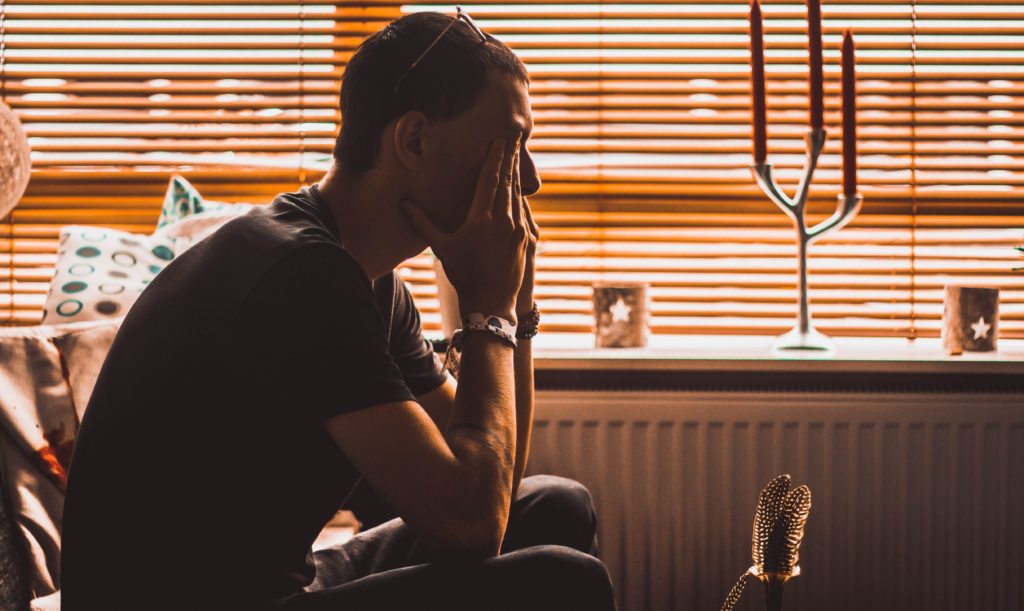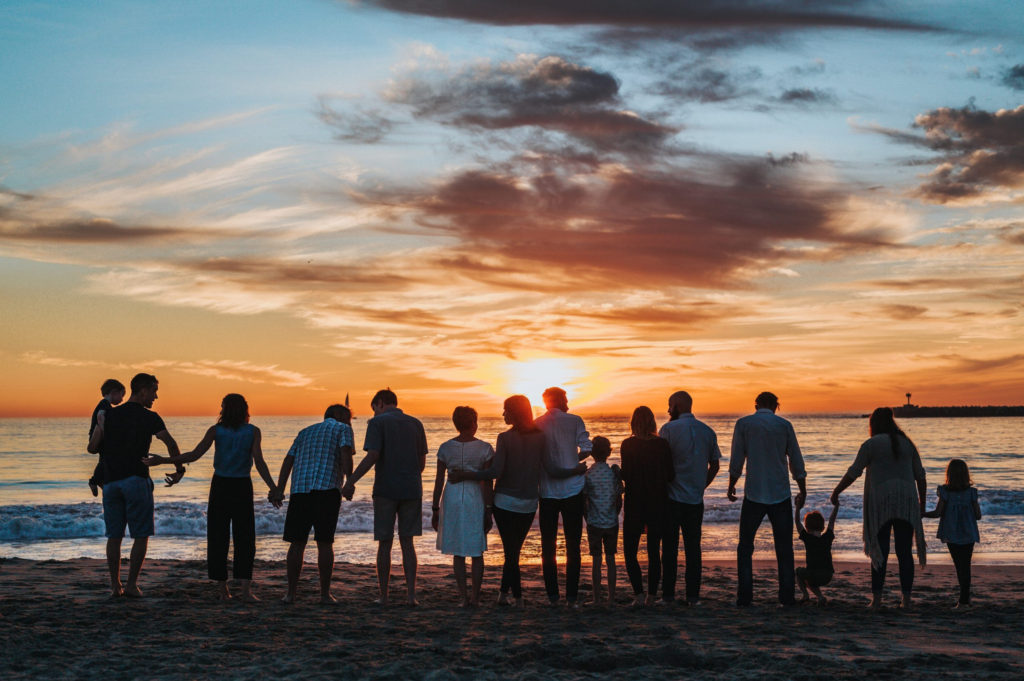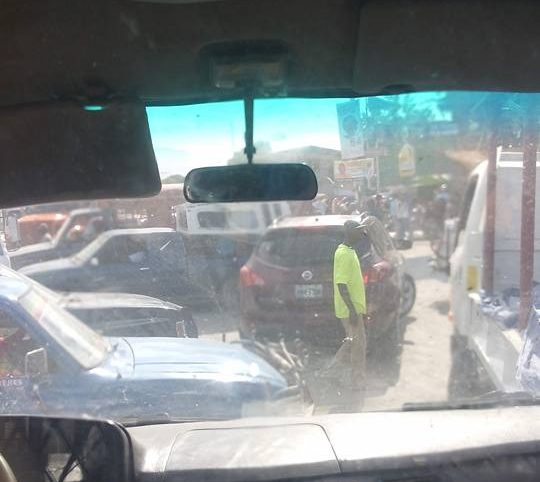
Everything we know of in this universe has a beginning and an end.
Life begins at conception and ends at death. Empires rise and fall. Cars, computers, and appliances are birthed from factories and then die, often much sooner than we hope they will. Food left unconsumed spoils and makes its way back to the ground it came from. Our minds are conditioned to comprehend the world around us in this context of beginnings and endings. So how does the concept of eternity fit into a paradigm of defined starts and stops?
I don’t know about you, but I find the idea of eternity hard to understand. How can something have no end?
Several years ago, I came across a sermon by Francis Chan that shook my concept of eternity and my place in it.
He presented his congregation with a rope that started in his hand and extended across the stage. He instructed them to imagine that the rope kept on going past what they could see with no end. At the start of the rope in his hand there was about three inches of red tape wrapped around the white rope. He explained the tape represented the eighty or so years we get in this life. Those eighty-ish years were just a small fragment of eternity. However, what we do in that tiny amount of time has a direct impact on what the rest of eternity will be like for us (2 Corinthians 4:16-18).
This visual was highly impactful for me!
It suddenly seemed silly to orchestrate my existence around my relatively short life. A new lens began forming in me. Would I choose to live my life based on my needs and wants over the next few decades, or would I weigh the impact of my choices on the millions of years to come? What would be best in light of eternity rather than just for the length of my life?
Choosing an eternal perspective is what led my husband and me to say yes to Haiti. He walked away from a career he loved and a pension that would have set us up well in retirement. We pulled our kids out of a good public school, and I took on the responsibilities of their education. We sold many of our possessions and stored others. Our family sacrificed our traditional birthday and holiday celebrations that we had always shared with extended family. We watched the lives of our friends and family march on without us through the blessing and curse of social media. None of this was easy. I spent more than one day crying on the floor of our Haitian home. My heart ached for parts of the life we had left behind.
The Bible states, “For our light and momentary troubles are achieving for us an eternal glory that far outweighs them all. So we fix our eyes not on what is seen, but on what is unseen, since what is seen is temporary, but what is unseen is eternal” (2 Corinthians 4:17-18).
Even now that we are back in the U.S., this continues to be the mindset by which my husband and I live.
We make financial decisions, choose where and what kind of work we do, our children’s activities, and how we volunteer our time, all with eternity in mind. This is not to say that we don’t do things that bring us enjoyment here on earth. We still order pizza, watch movies, go camping, and take trips. I truly believe God wants us to live an abundant life (John 10:10), a joyful and fun life. Learning to live with eternity in mind yet still enjoying this life as God intended is a journey unique to each individual and family. It will look different for all of us based on the gifts, talents, and resources God has entrusted to each of us.
The choice is up to you. Will you plan only for the years of this lifetime, or will you choose to live with an eternal perspective? How does living with eternity in mind impact the choices you make each day?




I too was deeply moved watching Francis Chan’s rope demonstration. The world is what we know now and it’s hard to wrap our heads around heaven. But eternity is forever and I’ve been trying over the last several years to live with an eternal perspective too. Thanks for sharing your heart with us and your life in Haiti for others.❤️